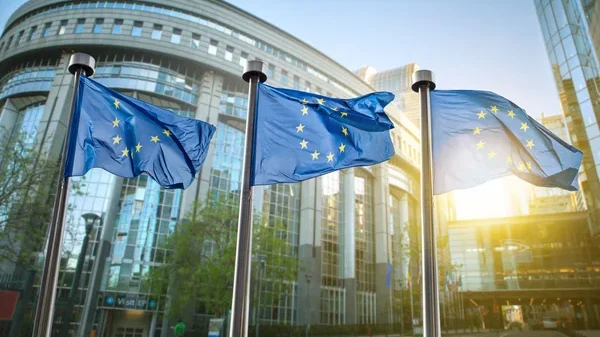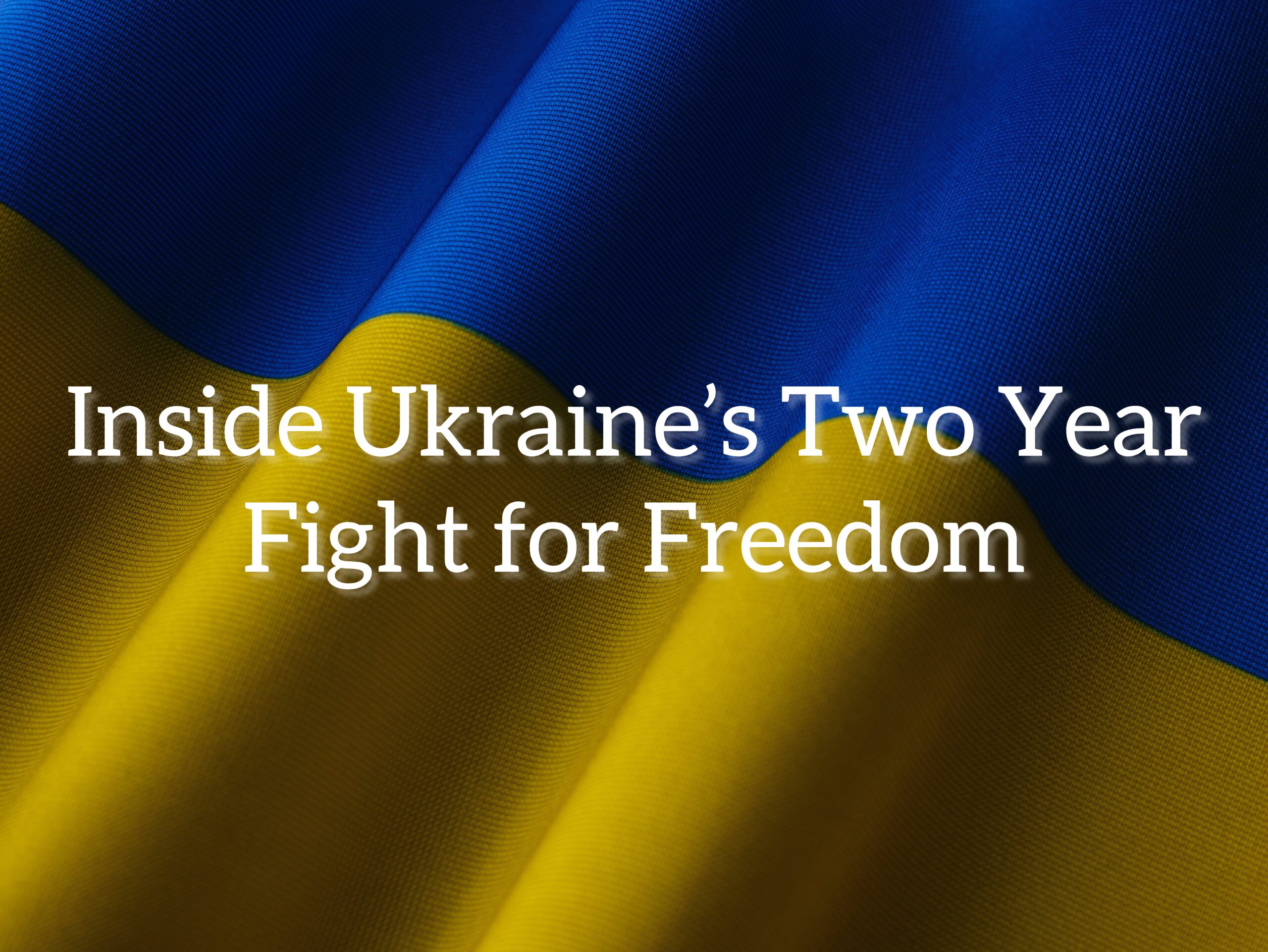
Following the devastation of Typhoon Haiyan, Ruby Guyatt explores why climate change still divides opinion.
For many people, the devastation caused in the Philippines by Typhoon Haiyan brings home the need to combat global warming and climate change. Last week’s Question Time saw politicians discussing exactly what climate change is and what the potential consequences are. However, tackling the issue of climate change has proven to be divisive. The question which is yet to be answered is – why?
There is general consensus among the scientific community that the earth warmed during the 20th century.  A joint statement signed by the world’s most prestigious scientific bodies* claims “there is now strong evidence that significant global warming is occurring.” The evidence for global warming cited by scientists includes increases in average global sea levels, retreating glaciers and an increase in surface air temperatures and subsurface ocean temperatures.
Some commentators have taken the winters of 2009/10 and 2010/11, which were the UK’s coldest in 25 years, as contradictory evidence to global warming. However, as Duncan Clark, visiting researcher at the UCL Energy Institute explains, unusually cold winters are an inevitable product of natural climate variability, and as such, do not contradict global warming:
“Natural climate variability means there are plenty of local or temporary events – such as cold winters – that appear to contradict the warming trend. Climatologists put this regional temperature pattern down to the position of the jet stream – the current of air high in the atmosphere that steers weather systems in the Northern Hemisphere.â€
One question that many people ask is whether global warming necessarily spells disaster. The last decade may have witnessed several devastating hurricanes including Hurricane Katrina and more recently Typhoon Haiyan. But haven’t there always been natural disasters?
Surprisingly, computer models predict that in the future there are likely to be fewer hurricanes. However, they also suggest that the hurricanes that do form will be bigger and more powerful. This is due to the rising temperature of the oceans which are expected to provide more energy to drive the hurricanes.
While there were several factors at play in Hurricane Katrina’s desolation of New Orleans, scientists at George Mason University claim that the higher sea surface temperatures, suspected to be caused by a concentration of greenhouse gases, caused Katrina to grow from a category 1 hurricane to a maximum category 5 hurricane.
When discussing global warming, scientists often refer to the greenhouse effect – the process by which gases, such as carbon dioxide, warm the earth’s atmosphere by capturing heat that would otherwise escape to space. In 2005, the scientific bodies jointly stated that “G8 nations have been responsible for much of the past greenhouse gas emissions’”, and urged world leaders to take action.
While some developing nations are currently obliged under the Kyoto protocol to make modest emissions reductions during the period 2008/2012, world leaders are yet to secure a follow-up agreement. Last week’s climate change talks in Warsaw saw walkouts following rows over whether richer countries should compensate the poor for the effects of climate change.
One reason why global warming proves so divisive an issue to tackle is because not all people agree that it is a man-made problem. Politicians are also reluctant to challenge oil, coal and gas companies who are seemingly responsible for generating nearly two-thirds of the greenhouse gas emissions, as a study last week showed. While the debate may continue among politicians and chief executives, there is a strong consensus within the scientific community concerning the causes and consequences of global warming. So perhaps the real question is, who do we have more reason to believe?
*Heads of national science academies in Brazil, Canada, China, France, Germany, India, Italy, Japan, Russia, the UK and the US.
Ruby’s Twitter can be found: @RubyGuyatt
















